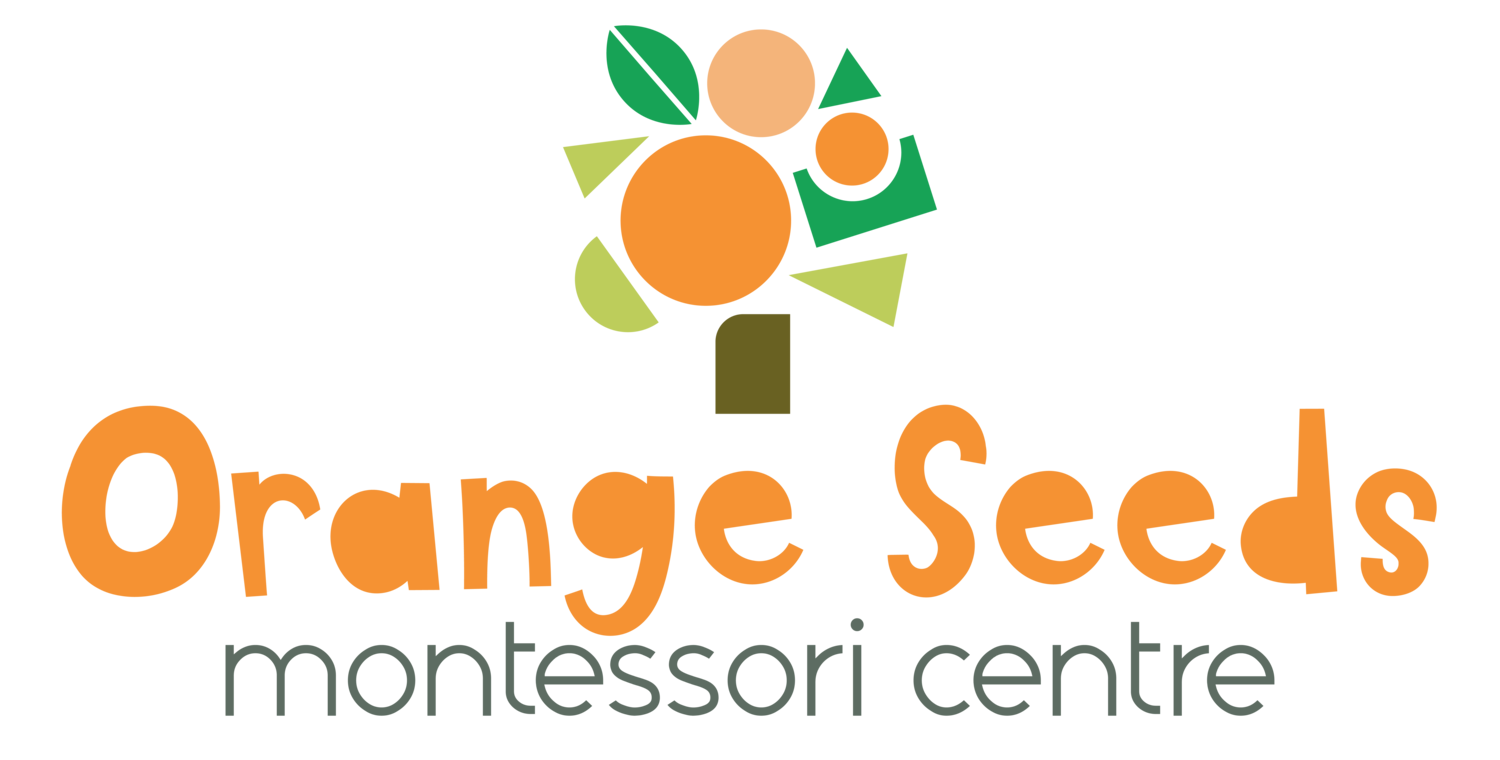The Power of Social Interaction in Montessori Childcare: Boosting Brain Development and Happiness in Toddlers and Preschoolers
In the world of early childhood education, playing and interacting with others are not just fun; they are the building blocks of brain development and happiness. In this blog, we will dive into the exciting world of Montessori childcare, where social interaction takes centre stage, benefiting toddlers and preschoolers not only cognitively but also emotionally.
The Science Behind Social Interaction and Brain Development
Imagine our brains are like sponges soaking up knowledge and skills. Playing and talking with others are the secret ingredients that make our brains grow, especially during the early years of toddlerhood and preschool. However, the emergence of COVID-19 presented unexpected challenges. Children missed out on the play and interaction that are crucial for their development. Many suffered from speech delays, increased social anxiety and behavioural challenges.
Research in neuroscience has illuminated the profound impact of social interaction on brain development. The brain is a remarkable organ that grows and adapts throughout life, with early childhood being a critical period for shaping its architecture.
Social interactions stimulate the brain's mirror neuron system, which plays a key role in understanding others' actions and emotions. This system helps toddlers and preschoolers develop empathy and the ability to learn through imitation, enhancing their social and emotional intelligence.
Language development is another area greatly influenced by social interaction. Conversations and discussions with peers and educators enrich children's vocabulary and comprehension. Moreover, positive social interactions reduce stress and promote a sense of security, creating an optimal environment for brain growth.
Happiness Hormones and Social Interaction
But the benefits of social interaction go beyond brain development. Positive social interactions trigger the release of happiness hormones in children:
Oxytocin: Known as the "bonding hormone," oxytocin is released during positive social interactions. It fosters feelings of connection and trust, reducing stress and anxiety, and promoting happiness.
Serotonin: Social interactions, particularly positive and meaningful ones, stimulate the release of serotonin, a neurotransmitter associated with mood regulation and emotional well-being. It helps regulate mood, promotes happiness, and contributes to an overall sense of well-being.
Endorphins: Engaging in physical activities during social interactions releases endorphins, the body's natural painkillers and mood elevators. Endorphins create a sense of happiness and reduce stress, enhancing the overall sense of well-being.
Dopamine: Positive social interactions lead to the release of dopamine, the brain's reward system. This "feel-good" hormone reinforces positive behaviours, motivates toddlers and preschoolers to engage socially, and boosts their happiness.
Cortisol: While not a happiness hormone, cortisol, the stress hormone, decreases in response to positive social interactions. Lower cortisol levels indicate reduced stress and anxiety, contributing to an improved mood and overall sense of happiness.
The Montessori Childcare Difference
Montessori childcare stands out because it's all about hands-on learning and social interaction. Children learn by doing things with their friends and teachers, making it the perfect environment for brain development.
Words: The Building Blocks of Knowledge.
Talking helps children learn new words and understand the world around them. Montessori childcare encourages children to talk and explore together, enriching their vocabulary and comprehension.Emotional Intelligence: Learning About Feelings
Understanding emotions is a vital part of growing up. Montessori childcare teaches children to express themselves and manage their feelings by talking and problem-solving with friends. This not only makes them emotionally smarter but also enhances their cognitive development.Adaptable Brains
Our brains are flexible and can get better at things with practice. Playing and talking with friends improve problem-solving skills and help children adapt to new challenges. Montessori childcare enhances brain flexibility by promoting active learning and collaboration.Reducing Stress, Maximizing Fun
Positive interactions with peers reduce stress in children. Montessori childcare creates a safe, joyful space where children can learn and have fun together. This nurturing environment boosts cognitive and emotional development.How It Helps Address Behavioral Challenges in Children
Behavioural challenges in toddlers and preschoolers can manifest in various ways, such as temper tantrums, defiance, aggression, or withdrawal. These challenges often arise from difficulties in managing emotions, communicating needs, or understanding social cues. Engaging in social interactions helps toddlers and preschoolers understand and express their emotions appropriately. Interactions with peers and caregivers allow them to learn how to manage frustration, anger, and anxiety constructively.
In conclusion, playing and interacting with peers are the cornerstones of brain development during the early years. Montessori childcare, with its focus on hands-on learning and social interaction, provides an ideal environment for children to flourish.
Join us in celebrating the incredible journey of brain development through social interaction and the Montessori experience. Together, we can empower our children to become the best they can be as they embark on their path of discovery and learning.




